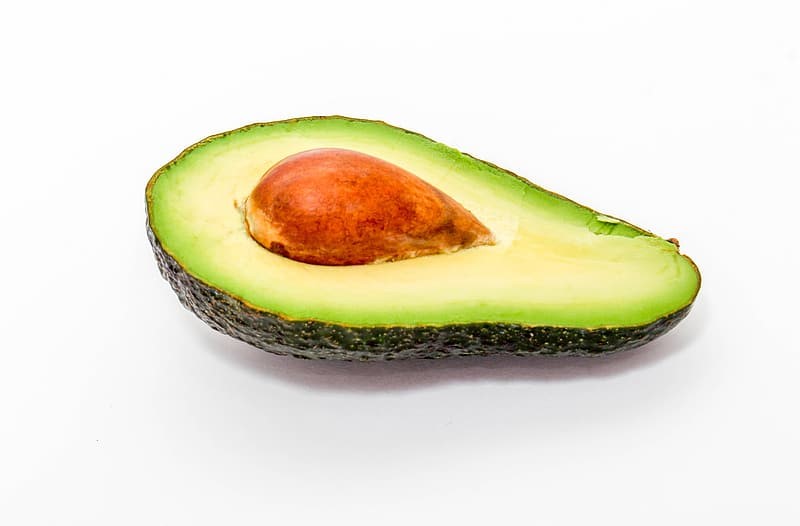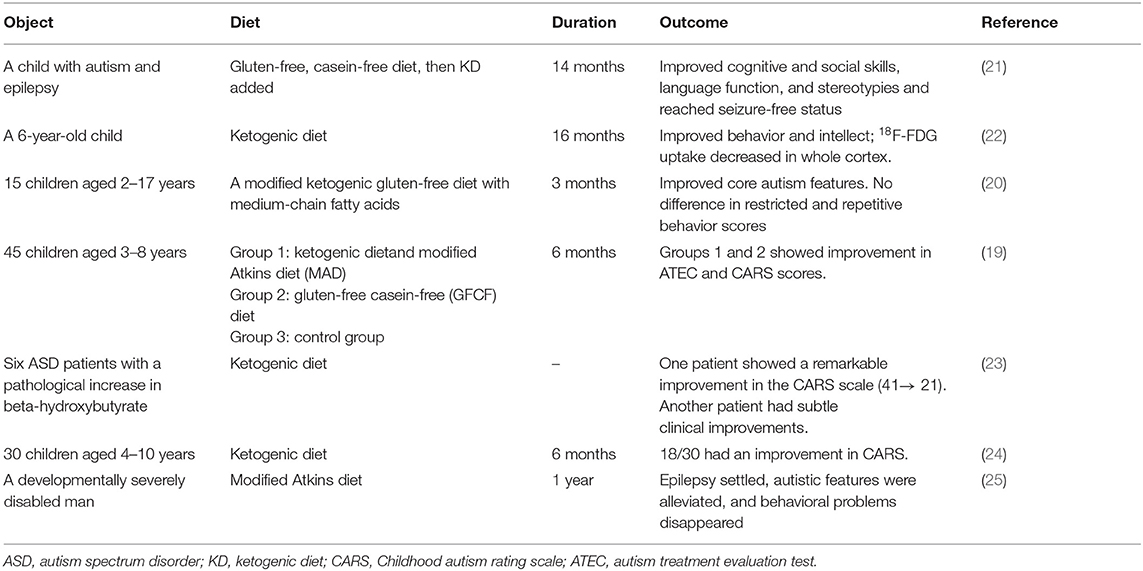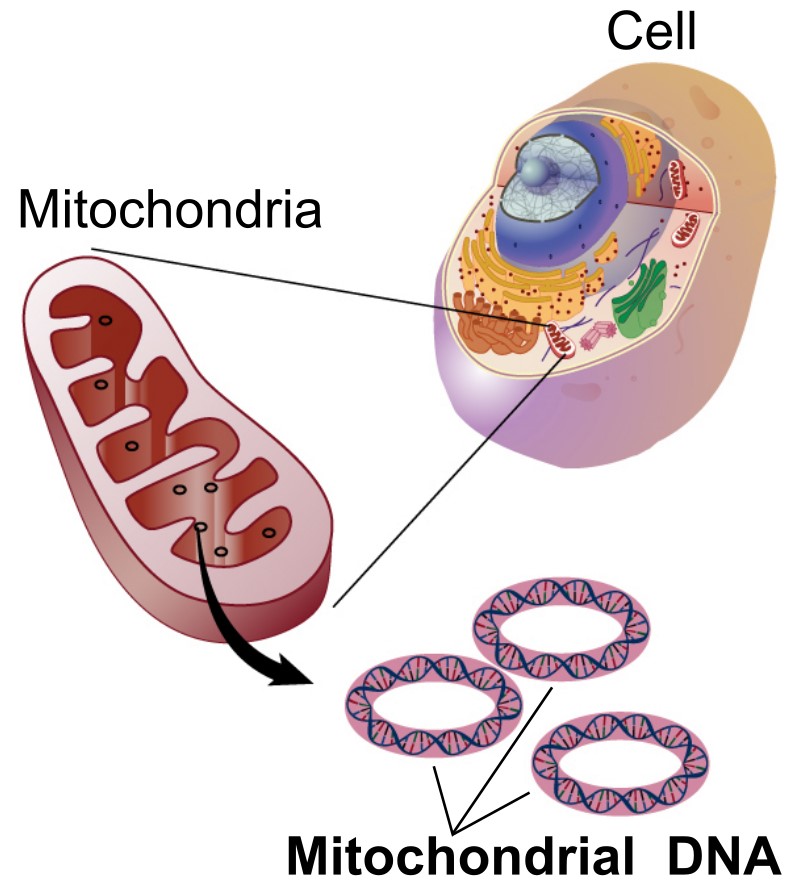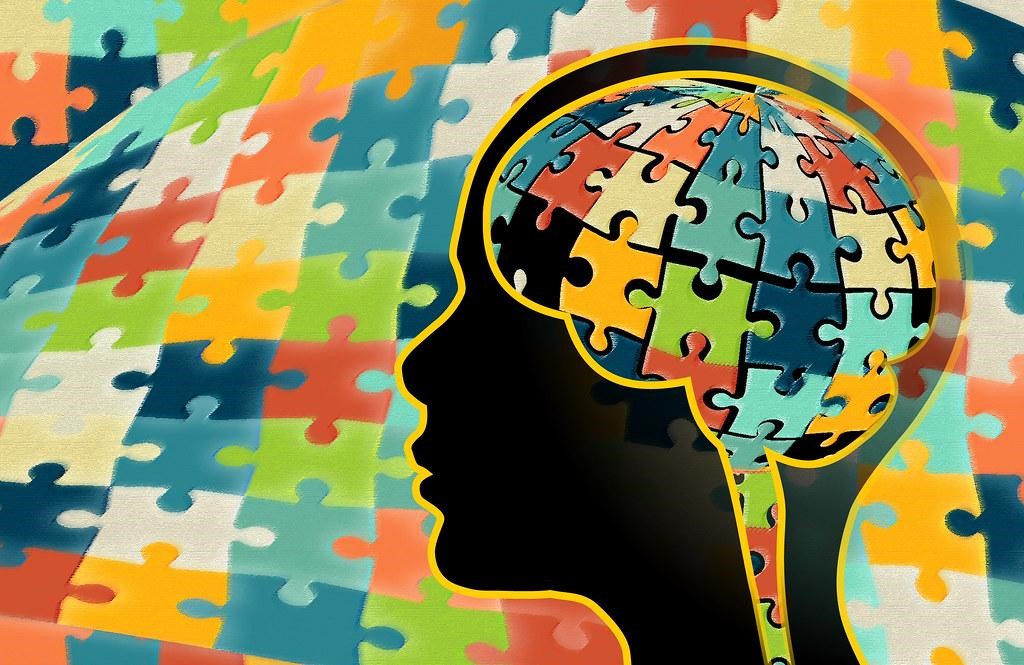Going Keto Diet For Autism: A Treatment
What Is Autism?
Autism Spectrum Disorder (ASD) is characterized by stereotyped behavior deficits in communication and social interaction. There are no curative treatments for children with Autism. If you know a child with autism or are a parent to an autistic child, you may find that today’s modern schools, programs, and techniques for managing autism have come a long way.
How Does Keto Help?
The Ketogenic Diet is a high fat, appropriate protein, and low carbohydrate diet that mimics the body’s fasting state and is proven beneficial in drug-resistant epilepsy and some other brain diseases.
There is an increasing number of studies surrounding the Ketogenic Diet and improving autistic behavior. The neuroprotective role of a ketogenic diet in Autism Spectrum Disorder mediates improvements in energy metabolism. Also, it helps with reductions in antioxidative stress levels, control of neurotransmitters, inhibition of the mammalian target of the rapamycin signaling pathway, and modulation of the gut microbiota.

Keto Diet is considered a safe and effective treatment for Autism.
The number of medical journals that have researched and conducted trials around keto and autism is countless. The evidence exists, and most if not all of the evidence supports a ketogenic diet to help people with autism. How does this work, and why?
Some of the Simple Facts First:
- Boys are four times more likely than girls to have Autism.
- The core features of Autism are social communication deficits and repetitive motor sensory behaviors.
- Sleep disturbances occur in 50-80% of autistic children.
- Comorbidity is common in autistic children, including epilepsy, sleep disorders, GI symptoms, anxiety, depression, ADD, and intellectual disability. Neurologists attribute this to the social-emotional handicap of autism.
- The cost of raising an autistic child is 1.4-3.6 million dollars according to the intellectual disability.
Ketone Bodies
A ketogenic diet increases the levels of ATP (adenosine triphosphate) and enzymes associated with mitochondrial metabolic pathways and mitochondrial biogenesis. Mitochondrial biogenesis is, by definition, the process by which cells increase the mitochondrial numbers. First discovered by John Holloszy in the 1960s; when it was uncovered that physical endurance training-induced higher mitochondrial content. Which leads to greater glucose uptake by muscles.

A ketogenic diet enhances the mitochondrial biogenesis process.
When glucose (carbohydrates) are considerably restricted from the diet, what happens next?
Ketone bodies such as B-hydroxybutyrate dehydrogenase, acetoacetate succinctly-CoA transferase, and acetoacetyl-CoA-thiolase are used as fuel sources. Removing glucose puts the body in starvation mode. Although you feed your body fats and other micronutrients, glucose is missing.
These ketone bodies, mentioned above, take a journey across the blood-brain barrier (BBB) to feed the brain. These molecules prevent mitochondrial permeability transition and attenuate reactive oxygen species (ROS).
Reactive oxygen species are “A type of unstable molecule that contains oxygen and easily reacts with other molecules in a cell. A build-up of reactive oxygen species in cells may cause damage to DNA, RNA, and proteins and may cause cell death. Reactive oxygen species are free radicals.” In other words, ketone bodies are muscular; they have neuroprotective effects on the central nervous system.
The Ketogenic Dietary Intervention
Reducing seizures in epilepsy patients is factual and proven through Keto. This research has been ongoing since the early 20th Century. The medical community uses a ketogenic nutritional diet to treat neurological disorders.
In the case of Autism Spectrum Disorder, a ketogenic diet may be an effective therapy because it improves core symptoms and benefits comorbidities, including seizures.
The monitoring of ketone bodies was done through urine samples, according to one medical trial. Evidence showed that a ketogenic diet improved core features of Autism patients and improved autism manifestations, demonstrated as improved scores on the autism rating scale, especially sociability improvement.
Here is the table that shows the test scoring:

Some evidence showed that a KD improved the core features of ASD patient’s (Table 1).
El-Rashidi et al. showed that a KD improved autistic manifestations, which was demonstrated as improved scores on the Autism Treatment Evaluation Test (ATEC) scales and the Childhood Autism Rating Scale (CARS), especially sociability improvement (19). Lee et al. also reported that a modified ketogenic, gluten-free diet with supplemental medium-chain triglycerides (MCTs) improved the social affect subdomain and total autism diagnostic observation schedule, 2nd edition (ADOS-2) scores. Still, it did not affect the restricted and repetitive behavior scores (20).
A KD improved social exploration and social interactions in an animal model of ASD (26, 27). It also ameliorates the comorbidities of ASD more efficiently than the core symptoms of ASD. A KD improved the social communication of one of six ASD patients. Still, it reduced the comorbidities of all six ASD patients, including attention deficit hyperactivity disorder (ADHD), compulsive behavior, preoccupation with parts of objects, and abnormal sleep (23). It also decreased the frequency of seizures (28).
A case report of an ASD child found that a KD improved the electroencephalogram results and increased the child’s intelligence quotient (21). Although a KD-induced decrease in seizures will lead to a better quality of life in patients with epilepsy, including ASD, it is not associated with improvements in behaviors in ASD patients. Antiepileptic drugs do not have a large effect on the behavioral symptoms in ASD (29).

The ketogenic diet may work in children with autism by increasing the ketones available to produce energy in the brain.
Autism is a neurological disorder; therefore, brain functions are the main focus of these trials. Ketone bodies have earned the name “brain fuel” after closely monitoring autistic children that follow a strict keto diet. One study from Calgary University by postdoctoral scholar Chunlong Mu states:
“One way the diet may work is that it increases the ketones available to produce energy in the brain, reversing oxidative stress and mitochondria dysfunction, which may contribute to ASD,” says Mu. “With this study, we wanted to do extensive metabolic profiling to understand why the diet has therapeutic benefits.”
Treatment alternative for ASD:
To test the metabolic system, researchers investigated the behavior patterns of participants about 118 plasma metabolites (a substance produced during metabolism) and 73 trace elements such as copper, cadmium, iron, and selenium. Three different platforms assessed metabolites in the laboratory of Dr. Hans Vogel, Ph.D., a co-author and metabolomics expert in the Department of Biological Sciences in the Faculty of Science and member of the Snyder Institute for Chronic Diseases, and the Arnie Charbonneau Cancer Institute at the CSM.
In initial tests, the participants with ASD had higher concentrations of some metabolites associated with metabolic dysfunction and lower levels of some minerals such as selenium that are important for developing mitochondria and brain function. After three months on a diet, those with ASD had more balanced metabolites and traced minerals levels in their blood, and behavior scores had improved.
The current treatments for ASD are limited to mainly educational and behavioral interventions, and it’s recognized that antipsychotic medications used for ASD have adverse effects.
“A dietary option would be of immense benefit,” says Mu, who will continue to investigate the role of the ketogenic diet and gut microbiome in pediatric neurodevelopment disorders, including ASD and epilepsy.”
The Magic Pill

The 2017 documentary on Netflix, “The Magic Pill,” has gained a lot of traction and a lot of heat.
I often wonder if this documentary catapulted a semi-famous diet fad (the Keto Diet); or if keto was super popular because it worked for people following it.
Now, it’s hard to find a celebrity or reality TV star that isn’t “low-carb” or “keto” somehow. Unless you practice the newest trend (intuitive eating), carbs have become the sworn-off enemy. People write cookbooks with their keto recipes and make an incredible living doing so. It is popular, but is it healthy to think of this diet as a cure-all?
There will be many naysayers in the medical community around this topic. There will also be an incredible and growing number of doctors that support the keto craze. The extremely low carbohydrate and highly high fat and protein eating pattern required for keto scare many medical practitioners. They find this to be so scary because there will be some individuals that follow this dieting to an extreme. Taking it overboard and making themselves unhealthy. There’s another reason doctors may advise against keto. It should be conducted under a doctor’s care.
In one news article from the Guardian, Naaman Zhou writes:
‘The Magic Pill, a 2017 film produced and narrated by Evans, advocates for the ketogenic diet – one that is extremely low in carbohydrates but high in fat and protein.
One case study from the film said the diet had helped a young child deal with autism after five weeks of avoiding carbs. Another claimed that a woman’s breast cancer tumor shrunk.
Dr. Tony Bartone, the head of the AMA, said this portrayal of a ketogenic diet as a cure-all could have harmful effects, primarily on cancer patients and children.
“There is some early evidence, and a lot of animal models, that it may have a role in maybe autism, certainly epilepsy – but it is still yet to be fully evaluated,” he said.
“A ketogenic diet is not without risk, and it really should be performed in conjunction with a medical practitioner. A long-term ketogenic diet can be associated with unhealthy weight loss and kidney stones. Also, in children, can lead to nutritional deficiencies and immune system issues.”
Asset out in the film, the ketogenic diet tells viewers to eat whole and organic foods, avoid grains and dairy, eat a high level of animal fats, olive oil, eggs, and avocados, and avoid “bad fats” like vegetable oils.’
Dieticians have weighed in on this documentary. Due to the controversial claims made in the film, the medical community had to bite back.
This film’s claims are:
- The Keto diet treats childhood epilepsy.
- The keto diet treats childhood autism.
- High-fat diets do not cause heart disease.
- A Keto diet cures diabetes.
Keto has been tested and proven to help reduce epileptic seizures in children. In the film, The Magic Pill, we meet a young girl named Abigail. She is autistic, epileptic, and non-verbal. Abigail did a keto diet to improve symptoms. After five weeks, she’s calmer, her bowels have normalized, her speech has improved, and her seizures have decreased. Pretty impressive if you ask me.

Another claim depicted in this documentary is that the ketogenic diet treats childhood autism. One section of this documentary is about a young boy named Aaron. He is on the autism spectrum. After six months of the keto diet, Aaron can express himself and use complete sentences. The documentary demonstrates that the keto diet helped Aaron increase socialization, independence, self-care skills, and decreased repetitive movements and behaviors.
Another topic this documentary discusses is fat. Also exploring the controversial topic and the theory that a high-fat diet causes heart disease. This documentary focuses on the severe flaws behind infamous fat research that has been conducted in the past.
What the Research Says:
Contrary to past research, current research suggests a lack of evidence that proves that total dietary fat causes heart disease. The doc makes the argument that a low-fat diet can do more harm than good. Which I agree with since the majority of foods marketed as “low fat” are highly processed. Also, packed with sugar and salt to make up for the lack of fat.
I am a huge fan of fat. Many of my fave foods that high in fat and carry plenty of heart-healthy benefits (hello avocado bruschetta!!). So while I believe that we can have a more modest and balanced diet that includes fat and carbs, I think I agree that going fat-free isn’t the optimal diet anymore.
Bottom Line: Little research proves that a high-fat diet causes heart disease, so don’t be afraid of fat because they carry many heart-healthy benefits. However, as always, all things are in moderation.
The biggest takeaway from the documentary: real-life, and keto dieting is to consider keeping everything in moderation. It is to provide your body with the most benefits and the best outcome.
To conclude, dieting is not a one-size-fits-all.
Healthy eating, staying active, getting exercise, and consistently making good choices on your plate and in your life is the secret to success.






